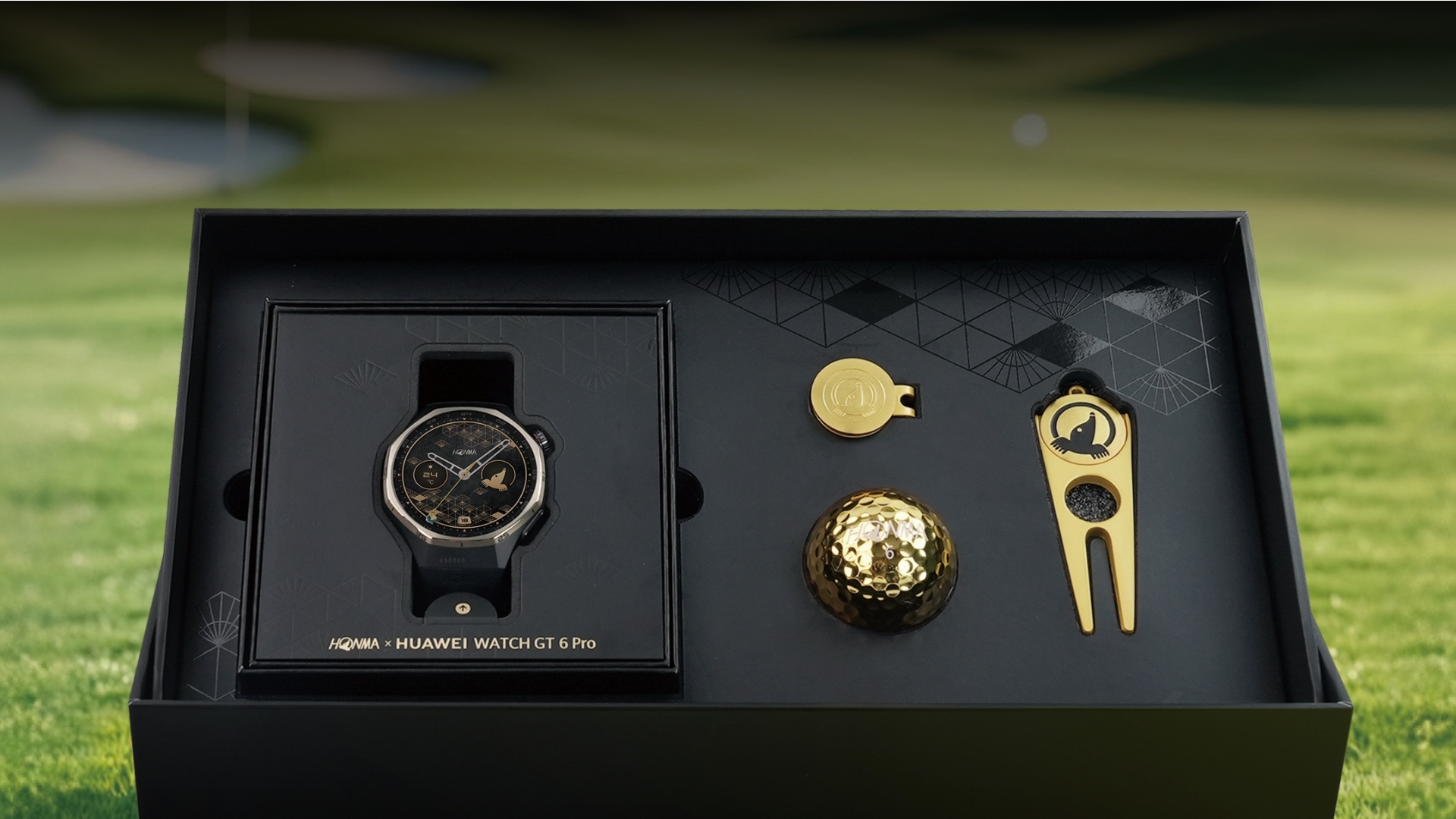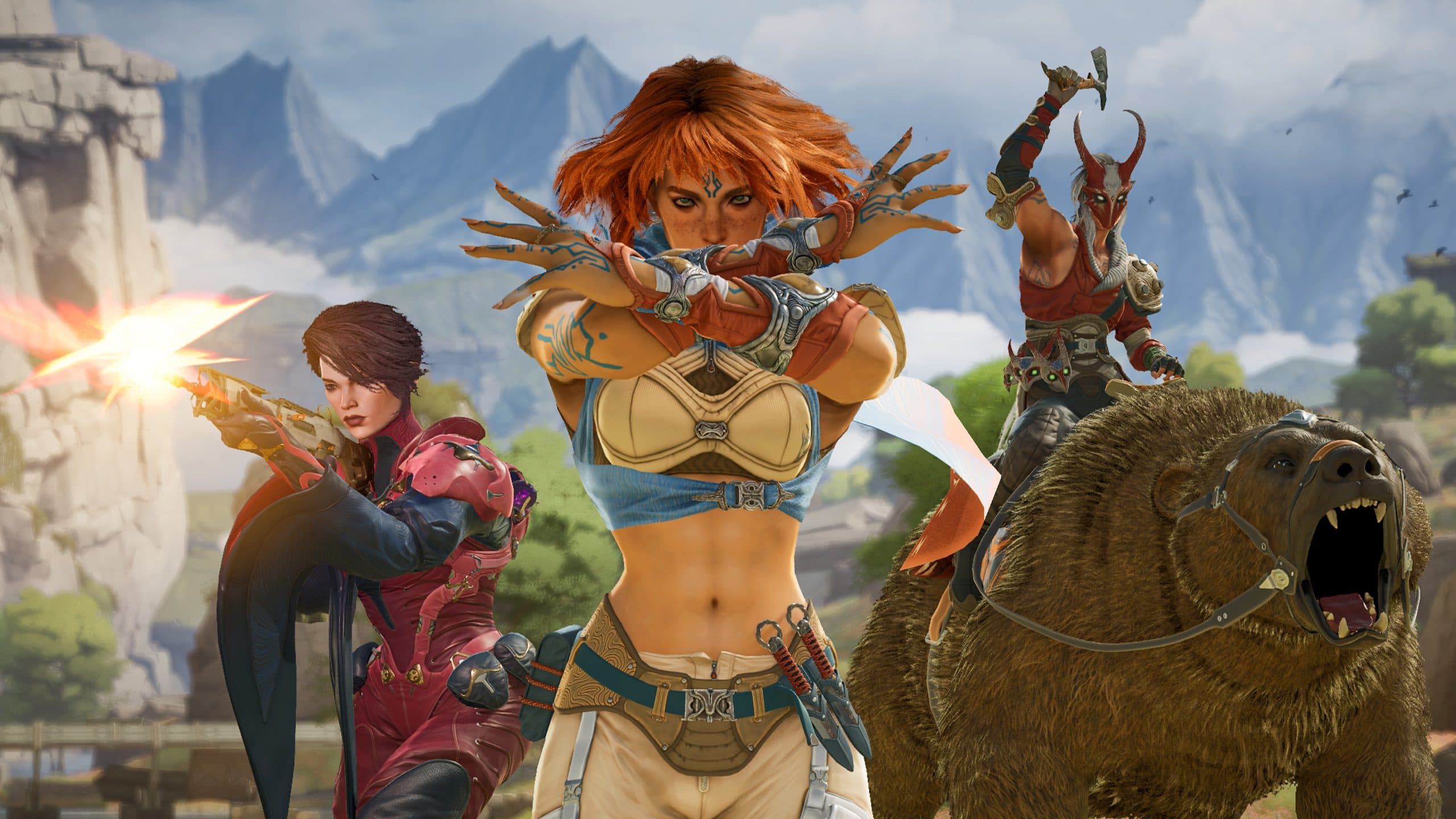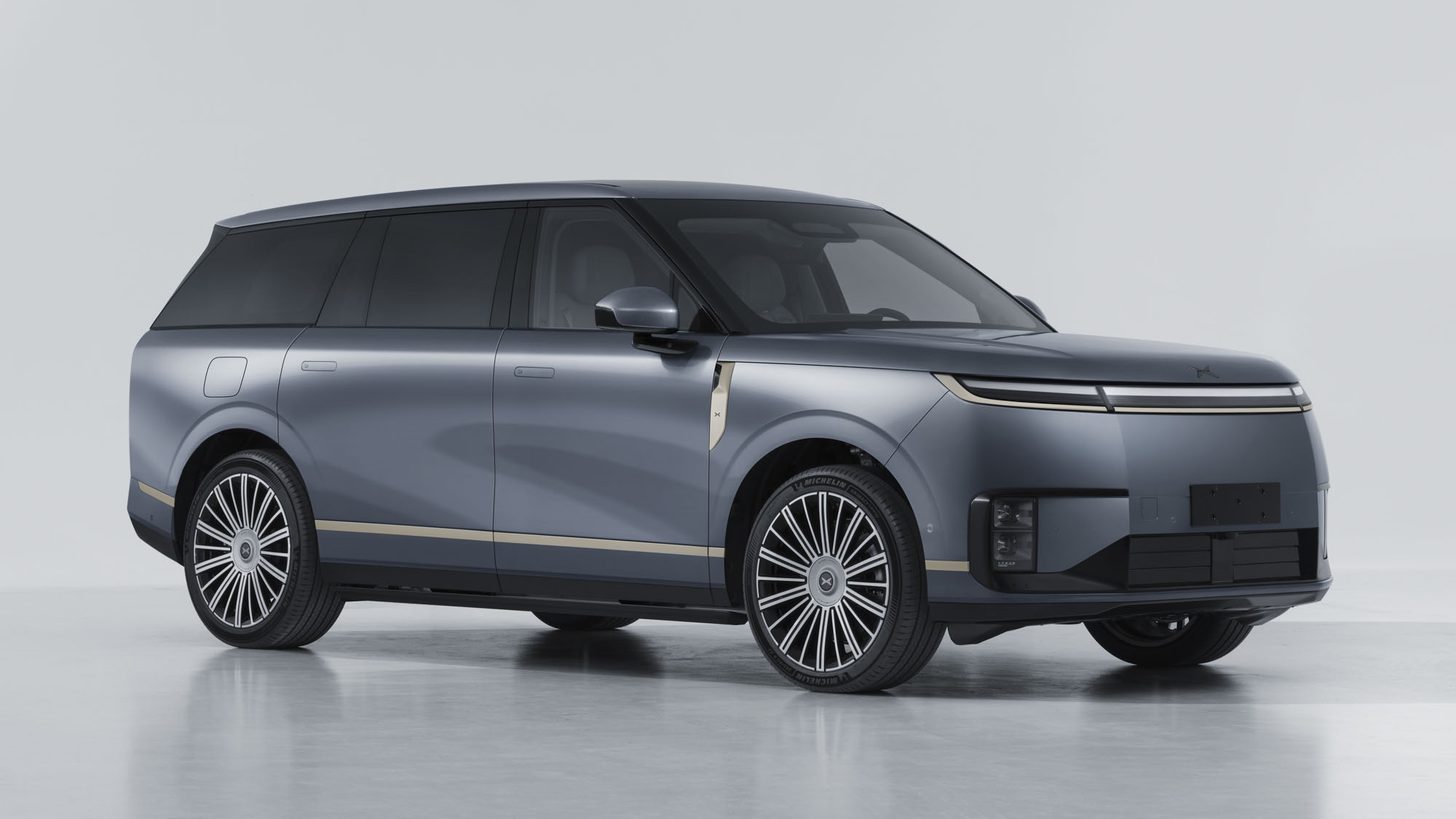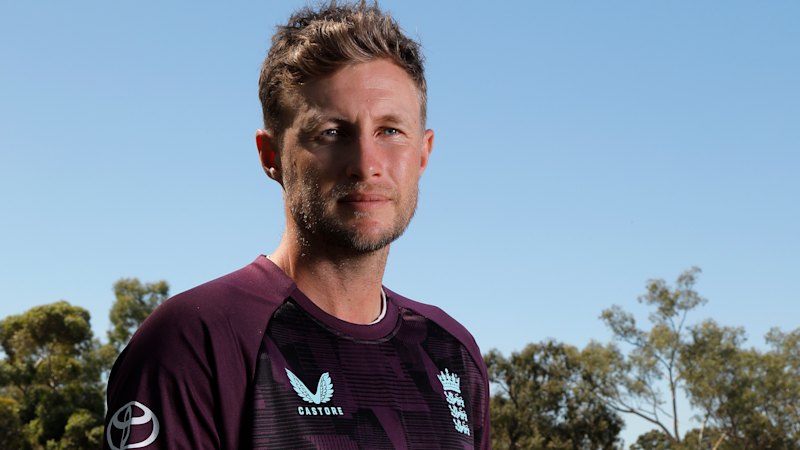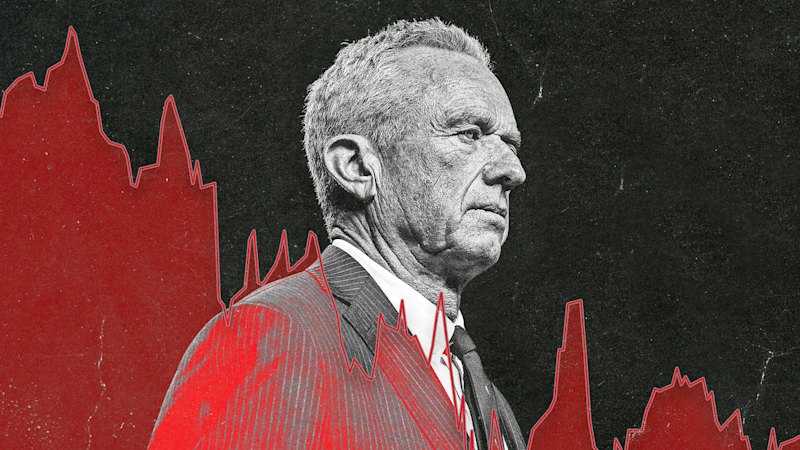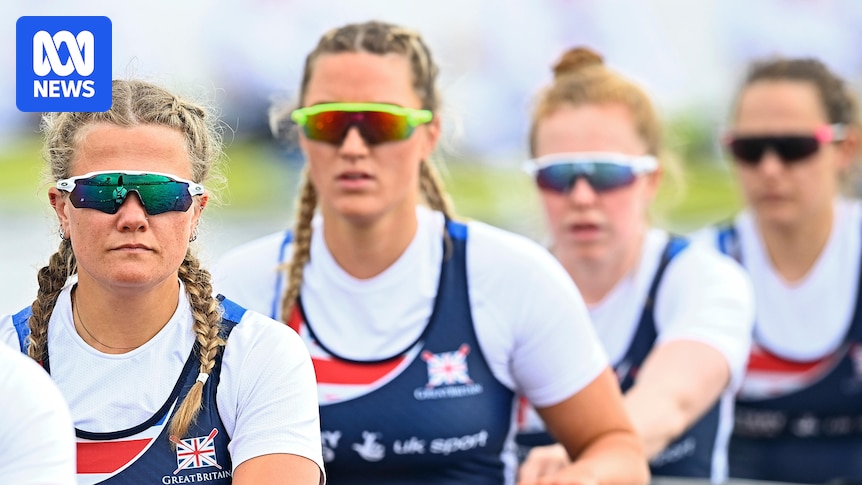
In 2021, Caragh McMurtry was selected to compete for Great Britain’s rowing team at the Tokyo Olympics, a testament to her illustrious career that included multiple World Cup and World Championship medals. However, behind the scenes, Caragh faced interpersonal challenges that created tensions with teammates and coaching staff.
“I’m very honest, blunt, and straight to the point,” Caragh explains. “I think what made it hard for people to understand me was my need to break everything down to understand ‘why’. I couldn’t just take something for granted, and that would rub coaches up the wrong way. They’d think I was undermining them or being facetious.”
Caragh’s Olympic debut at Tokyo 2020 was marked by a “lack of transparency” in decision-making, which she found troubling. She felt that some athletes were favored based on their ability to “promote” themselves rather than objective criteria. “I have a massive justice complex,” she says. “It wouldn’t even necessarily be about me. If I saw something and it wasn’t right, I’d get really hung up on it. That shouldn’t be a problem if things are fair, but unfortunately, in elite sport, the system is very hierarchical.”
Understanding Autism’s Role in Athletic Performance
Caragh’s challenges were not limited to interpersonal dynamics. She also faced sensory issues, describing the gym as a “hellscape” due to loud music and overwhelming environments. These experiences, she later recognized, were characteristic of her autism, a diagnosis she received late in her sporting career after initially being misdiagnosed with bipolar disorder.
This misdiagnosis led to a disruptive five-year period during which Caragh was placed on several medications, including lithium, which affected her performance and wellbeing. It wasn’t until she stopped taking medication that she returned to the podium, winning silver in the Women’s Four at the 2021 Rowing World Cup before competing in the Women’s Eight at Tokyo.
Now retired, Caragh has founded Neurodiverse Sport, a not-for-profit organization aimed at ensuring neurodivergent athletes not only survive but thrive in elite sports. “To be an elite athlete, you need a spiky profile, you need to be extreme in some way,” she says, highlighting how traits like “obsessiveness, hyperfocus, attention to detail, and pattern recognition” were critical to her success.
Expert Insights on Neurodiversity in Sports
Erin Hoare, a psychologist and researcher with expertise in neurodiversity, supports the idea that autistic traits can provide a competitive edge in sports. “The examples we often talk about are a preference for repetitive routines, the ability to hyperfocus on a goal, and rapid reaction to stimuli,” Dr. Hoare says. “Their strengths could ultimately lead to a competitive advantage.”
Dr. Hoare notes that neurodivergent individuals may be over-represented in elite sports, although more research is needed. This is partly due to evolving understanding and under-diagnosis of autism, especially among women and girls. “Science has focused on a very specific demographic throughout history, generally excluding women, their experiences, insights, and contributions,” she explains.
“We then had diagnostic tools that were based on men’s experiences, leading to a view that ADHD and autism occur more frequently in men.”
Women are often adept at “masking” their neurodivergence, using “compensating behaviors” to meet social expectations. This can lead to being undiagnosed or misdiagnosed, as was the case with Caragh’s initial bipolar disorder diagnosis. “I just carried on because I was, like, [rowing] is my life: this is my obsession, this is everything to me, and I need to find a way to make it work,” Caragh reflects.
Creating Inclusive Environments in Sports
Caragh now dedicates much of her time to educating sporting organizations on creating more inclusive environments. She advocates for a “traits-based” approach to athlete support, recognizing that everyone has different thinking and learning styles, as well as sensory preferences.
“You can do so much to help people, it’s just about being flexible, innovative, and meeting people where they’re at.”
Dr. Hoare endorses this approach, emphasizing the importance of collaborating with autistic athletes to understand their experiences and preferences. “Neurodivergent people have incredible strengths and differences that are potentially an untapped resource,” she says.
As Caragh continues her advocacy, her story highlights the unique challenges and opportunities faced by autistic athletes in elite sports. Her efforts aim to ensure that future generations of neurodivergent athletes can thrive in environments that recognize and celebrate their strengths.
